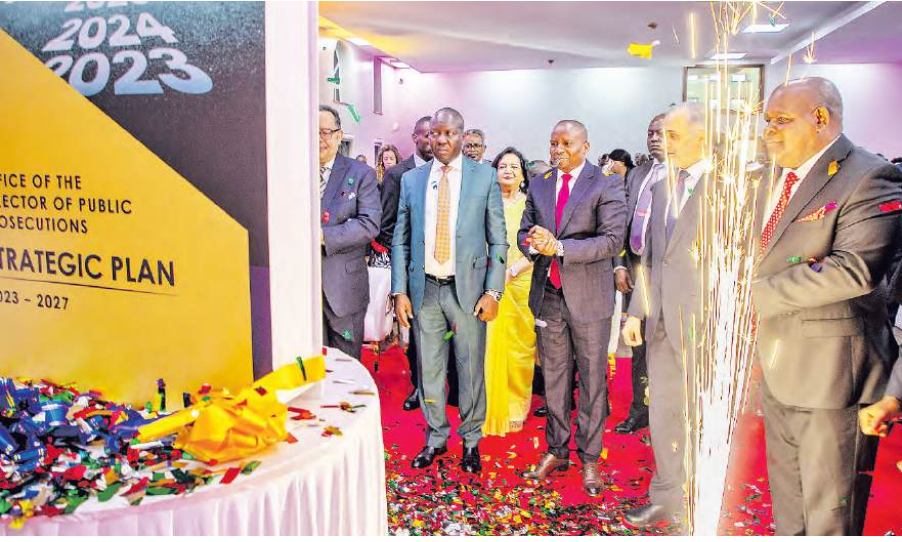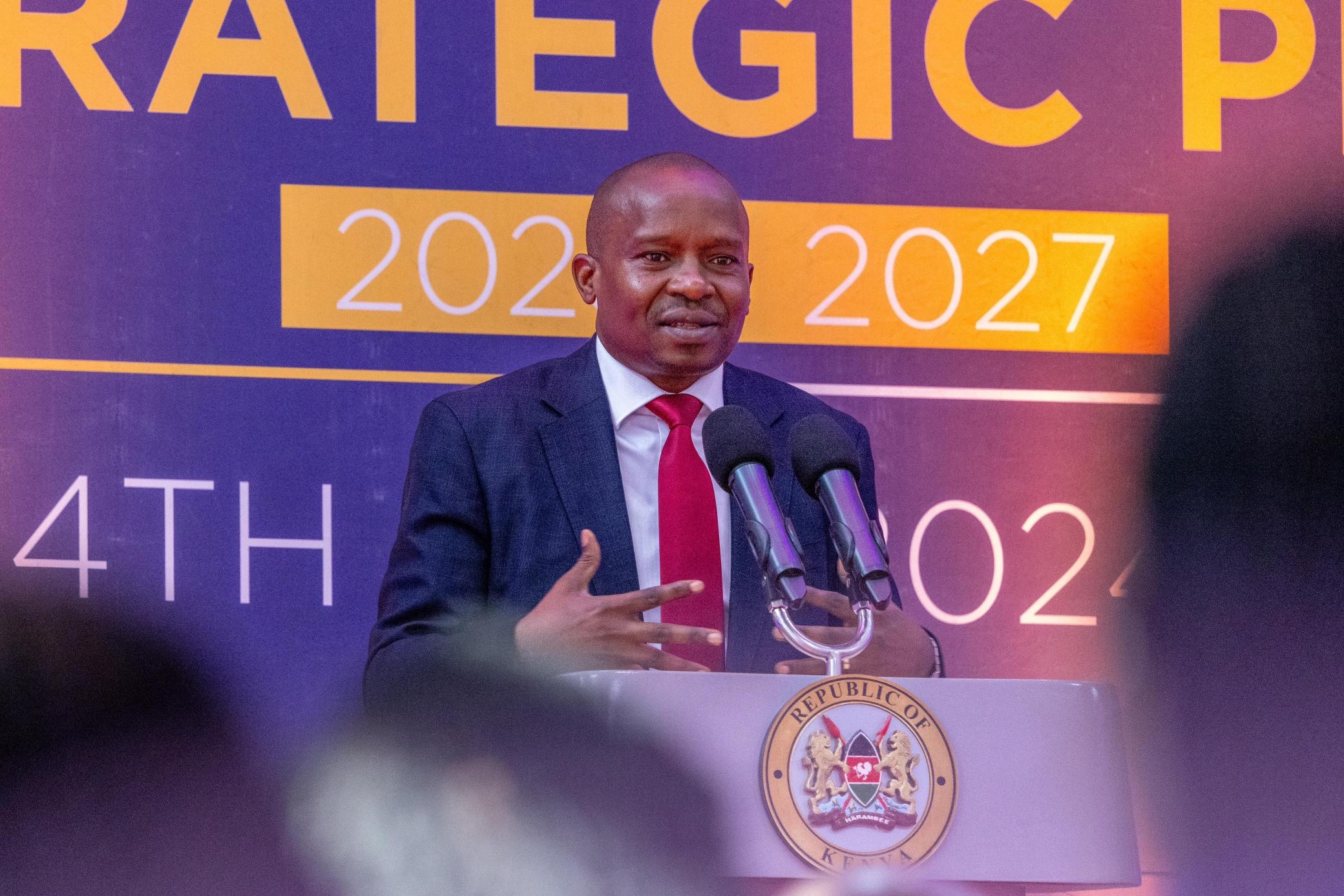

Most independent commissions are misinterpreting their independence to mean not cooperating with other state agencies, Deputy President Kithure Kindiki has said.
The DP said this hence ends up undermining the overall agenda of the government.
Kindiki said most of the bodies believe the independence is mechanistic and operate in silos, shielding themselves from consulting and cooperating with other agencies.
This in the end, undermines service provision to the public. The DP said though the constitution labels some of the entities as independent, it is not an end to itself, and that the end should be in serving the interest of the public, which requires working with others.
“The independence doctrine, though promoting the status of separate and distinct roles, is not mechanistic,” he said.
“The lines of demarcation must be viewed within a certain amount of pragmatism and cooperation, namely that independence of offices and institutions start and end with decisional, administrative, financial (budgetary) and operational autonomy.”
Kindiki spoke yesterday when he officiated the launch of the 2023- 2027 strategic plan for the Office of the Director of Public Prosecutions at its training institute in Loresho, Nairobi.
The DP said the public gets better served and the objects of the constitution fulfilled “if we shed off the pursuit for distinction, difference and autonomy, and instead pursue collegial engagements and collaborative frameworks across all arms, and anchors of government”.
This he said includes independent offices, constitutional commissions, and county governments — operating within the spirit of delivering as one”.
He said that was the reason President William Ruto established under Executive Order No. 2 of 2023, a liaison function under the office of the Deputy President, mandated to liaise with constitutional commissions and independent offices.
His office becomes the bridge between the commissions and independent offices with the Executive in all matters that require intervention by the national government including budgets, policy formulation and implementation of recommendations.
He said the failure to engage in a collaborative way has seen the entities engage in tug of war over control and in the end, the quality of service to the public becomes compromised.
“This arrangement has provided an avenue for addressing various concerns raised by the institutions, in a manner that minimises unnecessary and unhelpful disagreements.”
“The arrangement allows the
leadership of our institutions an
opportunity to create intersections
between and among ourselves, that
will lead us to operate more effectively and produce results.”














